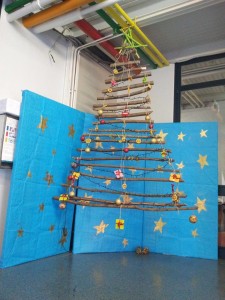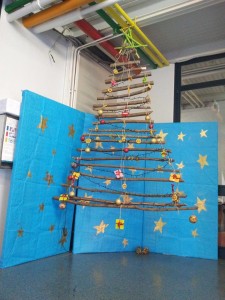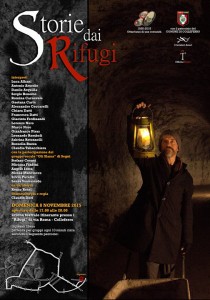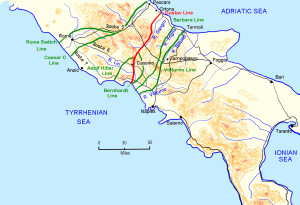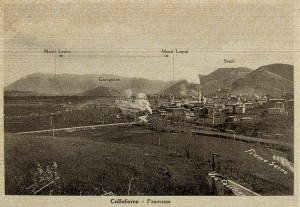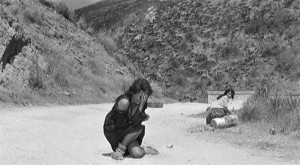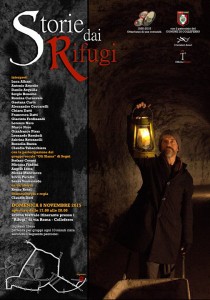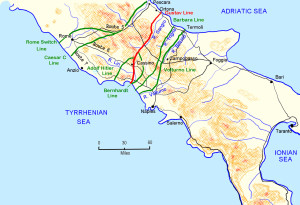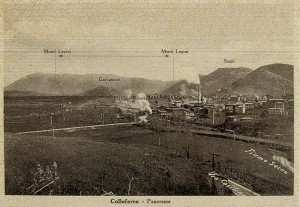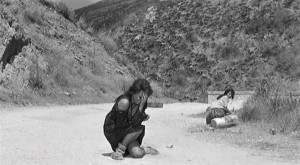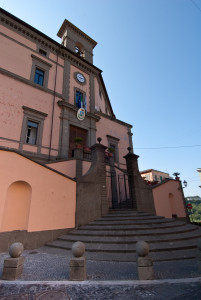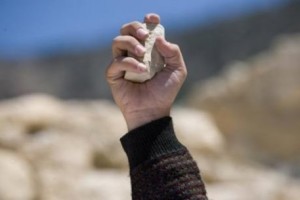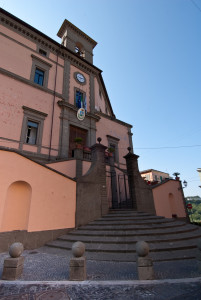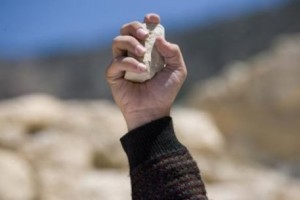Some grandchildren were almost infants and others were teenagers. They spoke their childhood and how they satisfy themselves with small things. Their memories, however, showed anecdotes and episodes that they were a heritage their grandparents or great-grandparents. The improbable reconstructions were perhaps an attempt to regain his childhood and recall the child who was already in them. And maybe they wanted to talk to their deceased relatives, now. They evoked the lack of time as a limit to think about buying the appropriate gifts, but I believe that their excuses were more a limit due to the idea of having little time to live, because they were not seen younger.
I remember my Christmas holidays. Some holidays were sad and boring, others are not. I remembered the gifts, which at that time I forgot the next day. Have we have the charm only in childhood? When we are adults, there is no longer a child?
In the row where I was placed, my uncle appeared, my cousin, and other aunts and uncles. The days appeared confused: before and after Christmas. I helped my grandmother and my aunt to beat the eggs to prepare a donut with cream and chocolate frosting. I took wrappers silver cookie named greek and I witnessed my cousin to make up stars and animals. We support sheets of paper on a bench in the hallway. We designed with the pastel green grass, brown trails and then we built a small crib with over the pyramids of clothespins. My sister waved icing sugar to bring up the snow. In fact in those areas it was hot, but, in short, that suited us just fine.
In another Christmas I asked in vain for the game of “Battleship”. Someone joked that I had been bad. I cried, but after I took two sheets, I divided them into squares, and I wrote letters and numbers in the column on the first line. I drew two sheets. And with squares cut from another sheet, my sister and I We inserted (with the stapler that I gave my mother) small rectangles to invoke the idea of the ships.
With other cousins, we designed every ship with various symbols to divide them into two naval fleets. We finished the job in two hours all together. The adults played with our game. We are not going to play, because in the euphoria, we began to draw, each, a small path to the game of goose. When we finished we draw, we put in our designs in a box for shoes and delivered it to an uncle, that he gave to the poor kid. At that time, we were sure that Uncle would perform the task. We had to award the mandarins and we ate them together.
Io sorrisi, e gli altri in fila mi chiesero perché io stessi ridendo di loro. Io raccontai i Natali di ieri e quelli che avrebbero potuto essere oggi.
I related a recent Christmas. We did not have the tree. We used an umbrella stand and we put leaves with photos. Old toys became branches. We called: “tree of drawings and thoughts.” The fruits were envelopes for letters.
Tree of ideas
We compose another smaller tree with an ashtray, paper clips, pens, caps without the ink. With a roll of toilet paper, we simulated the stars circling comets them as a vortex of a lampshade. We wrote some astral constellation names and the names of deities. Even the younger cousins wrote (in code) all the beautiful phrases that we would have wanted to say to our affections and laziness or pride, or we did not say we could not say (Some relatives were no longer alive). We put the phrases in the envelopes of the first tree. Each of us had his own gift: “I love myself, my life, your life only.”
The elders in a row (they laughed) asked me, how old was the youngest of us in this recent Christmas. I said thirty-three years.
